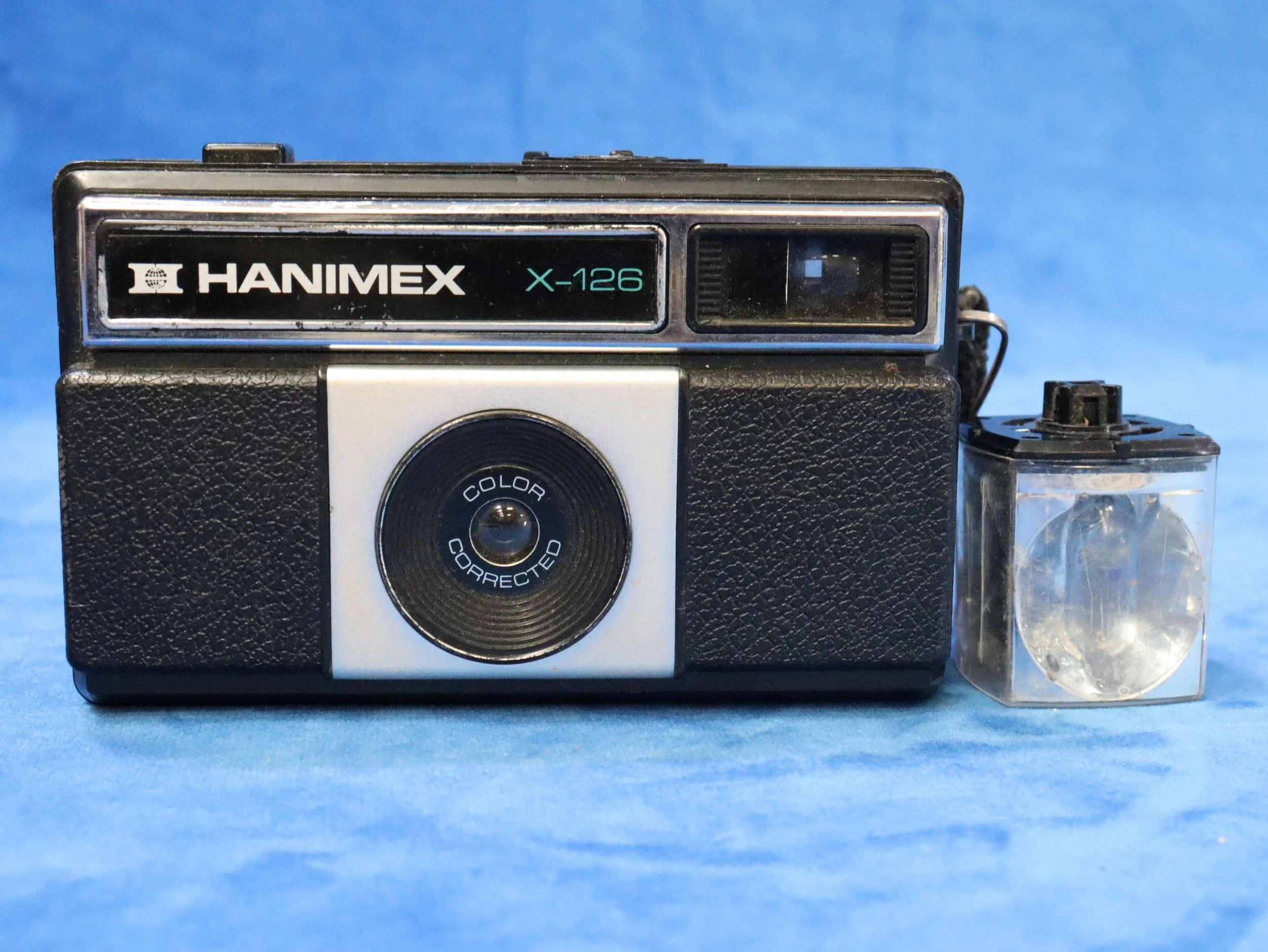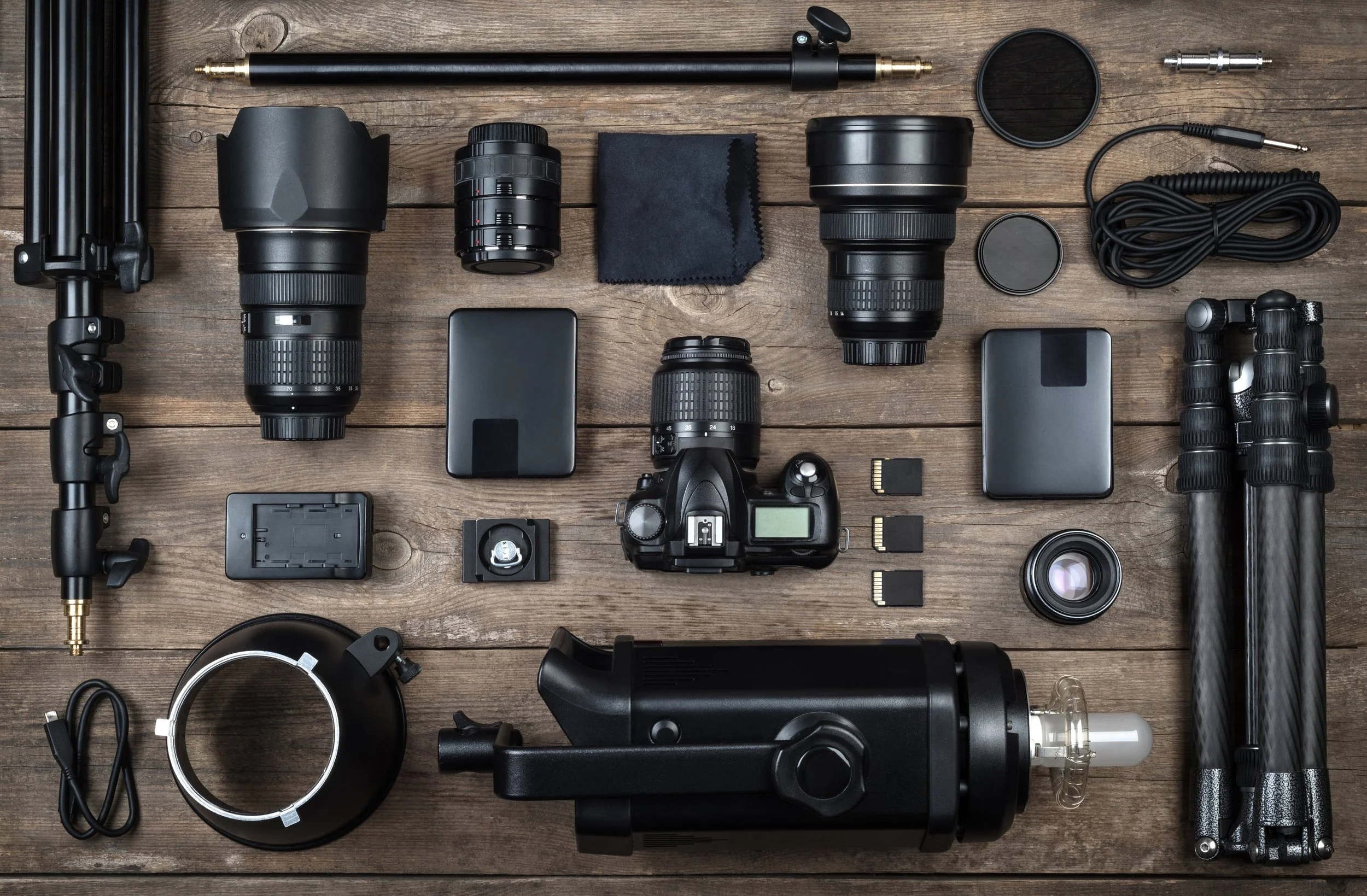Choosing Your First Camera. Let’s talk about it.
By Jeff Walsh – Photographer, Educator, Adventurer.
The best camera to take photos is the one you have in your hand! 🙌
I’ve taken photos on everything from an iPhone to a Nikon Z9 and even my old Mamiya medium-format film camera. The truth is, every camera has its strengths. It really is not about what you’re holding, but how you use it.
I often get beginners asking what camera they should buy when they’re just starting out. My advice? Going for the biggest and best is not the answer. As a beginner, you need a camera that helps you learn and understand photography.
There’s a lot more to photography than just pressing a button. It’s about exploration and trying different genres ( perhaps portraits, landscapes, macro, astro, sports, or still life) and building a foundation of knowledge that applies across them all. Every click teaches you something about light, timing, and composition.
So, before you dive into the deep end of professional gear, let’s very honestly break down what really matters when choosing your first camera.
Step 1: Set a Realistic Budget
You don’t need to empty your wallet to start creating amazing images.
Your first camera should help you learn, not just take pretty pictures. In Australia, a smart beginner budget sits around $800–$1500 (including a kit lens). If that still feels steep, look at the second-hand market. There’s plenty of great gear waiting for a second life.
💡 Pro tip: keep some money aside for accessories… perhaps a memory card, tripod, and maybe a spare battery. You’ll thank yourself later!
Step 2: Choose a System You Can Grow With
When you buy your first camera, you’re also buying into a system. Think lenses, flashes, and accessories. That’s why it’s important to pick a brand and mount that gives you room to grow.
Popular beginner-friendly systems include Nikon Z, Canon R, Sony Alpha, and Fujifilm X. All have affordable entry-level bodies and fantastic lens ecosystems. Start with the basic kit (usually an 18-55mm lens) and start the journey - that’s right, explore. When you’re ready, upgrade the body but keep your lenses.
Think of it like this… your camera body is temporary, your lenses are long-term investments. I’ll clarify this in Step 3.
Step 3: Upgrade Lenses Before the Body
Here’s a golden rule most photographers eventually learn and I am here to tell you this beforehand; upgrade your lenses before your camera body.
Good lenses dramatically improve image quality and creative flexibility. They’re the eyes of your system and will stay with you through every camera body upgrade you make. A high-quality lens can make an entry-level camera perform like a pro tool, while a poor lens can hold back even the best body.
Start with your kit lens - perfect for learning. Then, when you’re ready:
Add a 50mm f/1.8 “nifty-fifty” for portraits and low-light work.
Try a wide-angle lens for landscapes and seascapes.
Or explore a telephoto lens for wildlife, travel or sport.
The body will age; good glass will last for years (sometimes decades if you play your cards right)
Step 4: Focus on Learning, Not Gear
There’s so much more to photography than pressing the shutter. Learn to control aperture, shutter speed, ISO, and composition. Understand how light behaves. Experiment. Fail. Try again. Every image teaches you something new.
As you grow, you’ll naturally outgrow your first camera and that’s the best sign of progress.
📋 My Quick Checklist for Beginners
Manual controls (aperture, shutter, ISO)
Feels comfortable in your hands
Comes with a kit lens so you can shoot right away
Has plenty of lens and accessory options
Does not max out your budget (save some for travel and printing your work - or maybe investing in a course like we deliver!)
Whether you’re chasing waves along the Central Coast, NSW or capturing misty mornings in the bush, your first camera isn’t about perfection - it’s about passion and practice.
Remember: the gear doesn’t make the photographer… the photographer makes the gear sing. 🎶
👉What I want to know; what was your first camera and what did it teach you?
Are you ready to take your photography to the next level, or simply get started? Contact me today and I will let you know when our next workshop will be held. Alternatively, check out my free beginners course here.




